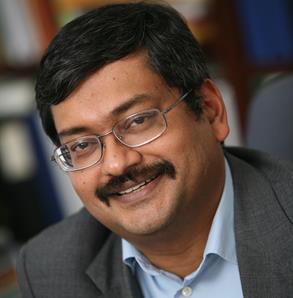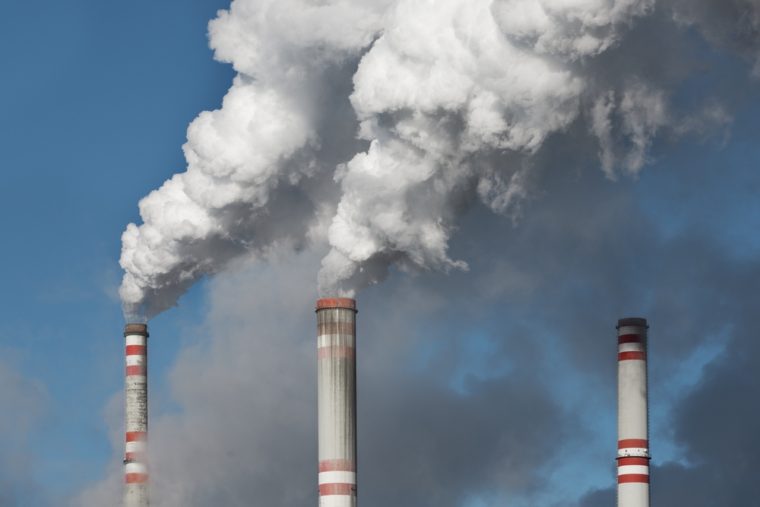In reaction to multiple countries — including Canada, the United Kingdom, France and Italy — announcing at the United Nations climate talks that they’re unifying to phase out coal-generated power by 2030, an environmental engineer at Washington University in St. Louis warned that a “mix of energy sources” is vital for the near future.
All U.N. countries need to take a holistic approach to energy choices, especially when it comes to developing nations, said Pratim Biswas, the Lucy and Stanley Lopata Professor and Chair of the Department of Energy, Environmental and Chemical Engineering at the School of Engineering & Applied Science.

“It is important for U.N. nations to be cognizant of realistic trends in the energy sector,” Biswas said. “It is very clearly understood that we will have a mixed portfolio of energy sources in the near future, definitely through 2030. Just as there is understanding that anthropogenic emissions are causing climate change, the understanding that we will have a mix of energy sources that varies by region is equally important.”
Biswas, whose work focuses on aerosols and air quality, said that while energy choices and their environmental impacts must be addressed, a one-size-fits-all approach won’t be the most effective route to take.
“Developing technologies that address the overall set of primary energy sources is critically important, from lowering the carbon footprint of fossil fuel sources to development of renewable energy harvesting with storage,” Biswas said. “Holistic clean energy alliances should be created — not isolated ones.”
The United States along with China and India, two countries where coal remains a key energy source, are not part of the coalition announced Nov. 16 during the U.N. climate talks in Bonn, Germany.
Biswas says a balance can and should be achieved between refining energy sources already in place and shifting to new ones, and that the two can and should be done in tandem.
“It is imperative to lower the carbon footprint of fossil energy sources, and to capture their carbon dioxide and develop methods for its utilization, just as it is important to develop lower-cost solar energy technologies and energy-storage technologies to enhance the reliability of renewables,” Biswas said.
To learn more about Biswas and his research, click here.
